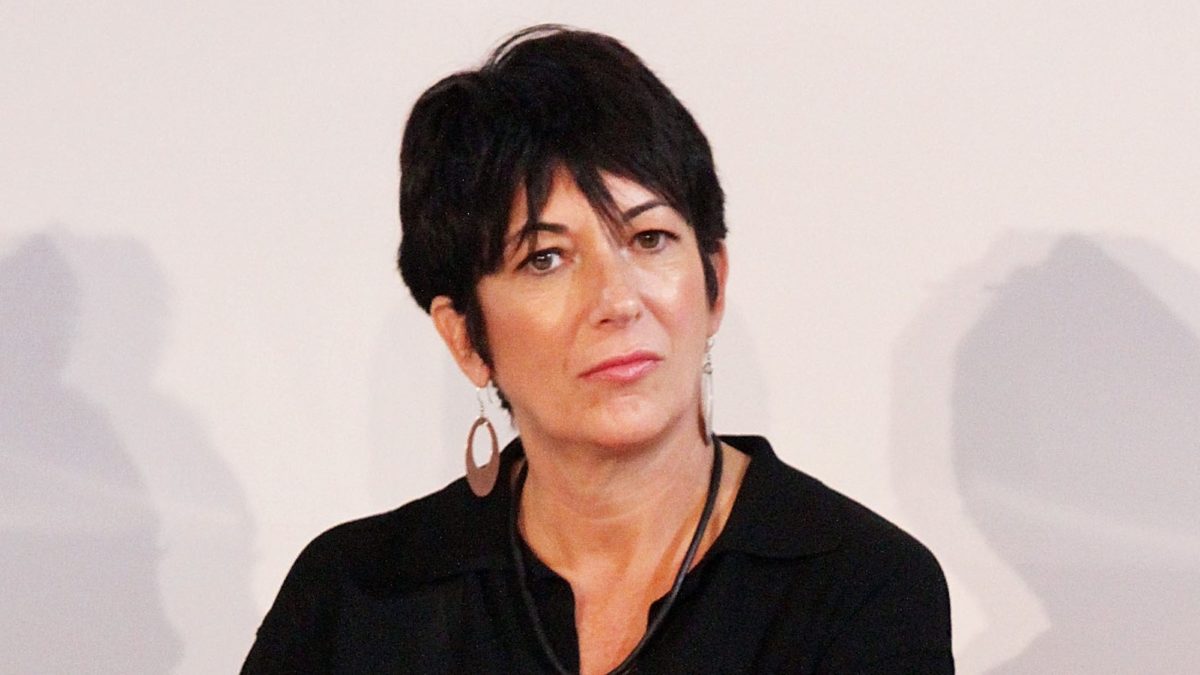
Attorneys representing Ghislaine Maxwell in her federal criminal trial on Monday evening filed a letter motion asking a federal judge to order prosecutors to provide the identities of the three victims referenced in Maxwell’s indictment so that her defense team can “meaningfully investigate the alleged conduct.”
Maxwell, who is alleged to have been the madam and confidante to deceased megamillionaire and accused sex trafficker Jeffrey Epstein, is currently awaiting trial in Manhattan on charges of conspiracy to entice minors to engage in illegal sex acts and perjury. In the letter to U.S. District Judge Alison Nathan of the Southern District of New York (SDNY), Maxwell’s attorneys contend that depriving her of the alleged victims’ identities would preclude her from properly preparing a defense.
“Here, it is clear from the face of the indictment that the government’s case is based on the accounts of Victims 1-3, the three individuals specifically referenced in the indictment. It is therefore critical for the defense to know the names of these individuals as soon as possible, so that we can mount an effective defense investigation and adequately prepare for trial,” the letter stated. “This is especially true in this case where the alleged misconduct took place on unspecified dates roughly 25 years ago in multiple locations—namely, New York, Florida, New Mexico, and the United Kingdom—and where the central figure, Jeffrey Epstein, is alleged to have engaged in misconduct with dozens, if not hundreds, of alleged victims. The defense should not have to speculate which of these individuals are Victims 1-3 referenced in the indictment.”
Attorneys Mark Cohen and Christian Everdell claimed the government turned over 13,000 non-electronic documents in their initial discovery materials, which contained records related to “one specific individual,” but did not specify whether that person was one of the three victims. Cohen and Everdell asked the court to compel the government to identify the victims—subject to the court’s non-disclosure order—or else risk denying Maxwell a fair trial.
Maxwell’s lawyers also claim that, despite allegations that their client was involved in an international sex-trafficking conspiracy implicating the rich and powerful, there is no basis to suggest that there is a risk of witness intimidation. The protective order will secure the privacy of “Victims 1-3,” the defense argues:
And because the protective order prohibits Ms. Maxwell, defense counsel, and others on the defense team from disclosing or disseminating the identity of any alleged victim or potential witness referenced in the discovery materials (Dkt. 36 ¶ 5), the disclosure will have no impact on the privacy interests of Victims 1-3. Nor is there any basis for the government to claim that there is a risk that witnesses will face intimidation or refuse to testify.
To the contrary, many alleged victims have already chosen to speak on the record in criminal proceedings in the Epstein case and in this case; to file civil suits against Mr. Epstein, Ms. Maxwell and others, and to provide deposition testimony and discovery in those suits; and to give interviews to the press and other television and film productions. Moreover, Victims 1-3 are no longer minors, but are now adults in their late 30s or early 40s, which provides additional assurance that they will be willing to appear for trial.
“With each day that passes without knowing the identities of Victims 1-3, the defense is losing crucial time to conduct a meaningful investigation and prepare its defense so that Ms. Maxwell can receive a fair trial on the schedule set by the Court,” the letter stated.
Maxwell also asked the court to improve the conditions of her confinement and provide her increased access to discovery materials. She is currently being held at the Metropolitan Detention Center (MDC) – the same jail where Epstein hanged himself last year – a fact she claims has led to her being held under “uniquely detrimental conditions” by the Bureau of Prisons (BOP).
“As a result of what occurred with Mr. Epstein, Ms. Maxwell is being treated worse than other similarly situated pretrial detainees, which significantly impacts her ability to prepare a defense and be ready for trial on the schedule set by the Court,” her attorneys wrote. “Ms. Maxwell has been confined alone in an area outside of the general population for the entire 36- day period (40 days if we include her confinement in New Hampshire), which is over three weeks longer than the 14-day quarantine period required for all new arrivals to the MDC under current COVID-19 protocols, and there is no indication that this will change.”
Her attorneys argued that her treatment has been so detrimental to her case that it threatens her Sixth Amendment right to participate in her own defense. She requested the judge order the BOP to allow her to spend up to 40 hours per week to review discovery and prepare for her case.
Read the full letter motion below:
Maxwell Letter Motion by Law&Crime on Scribd
[image via Laura Cavanaugh/Getty Images]